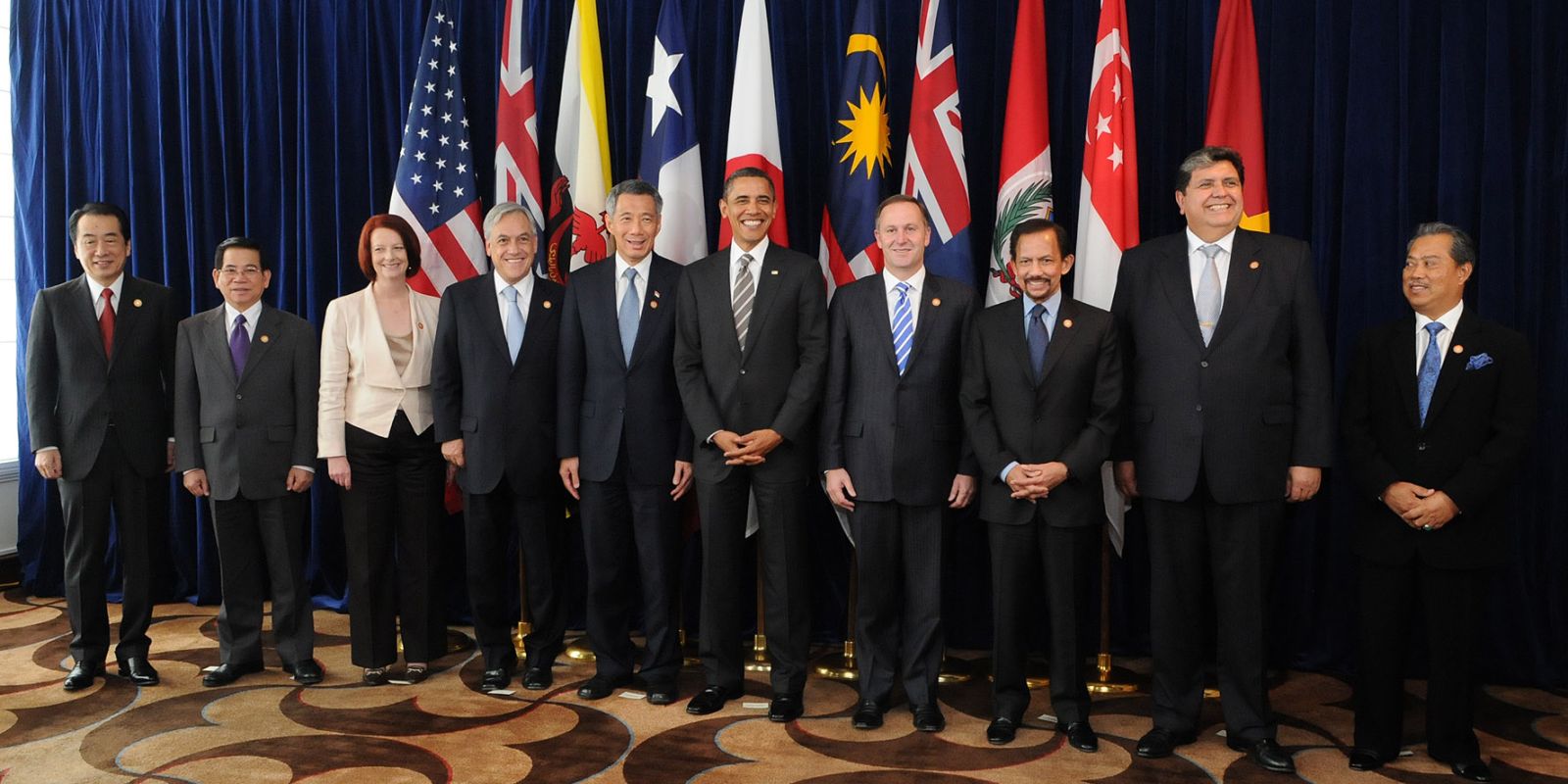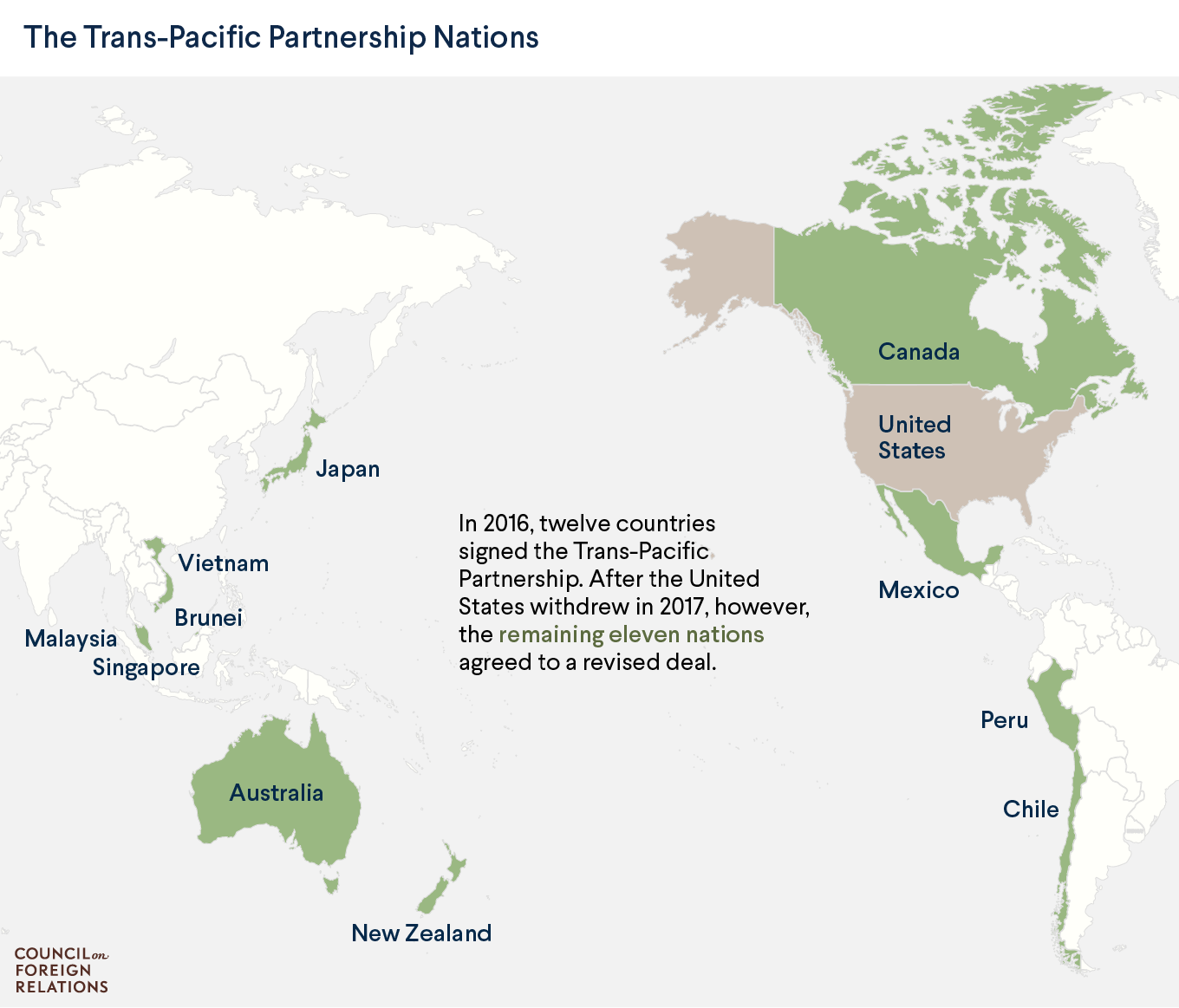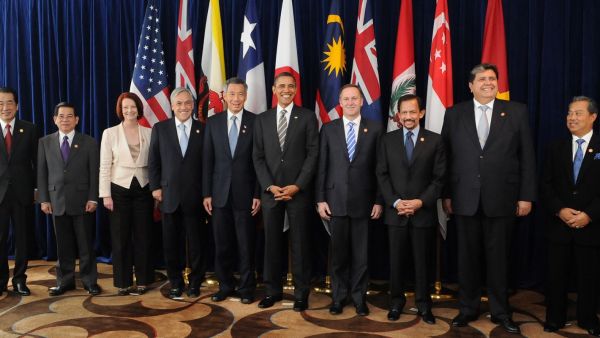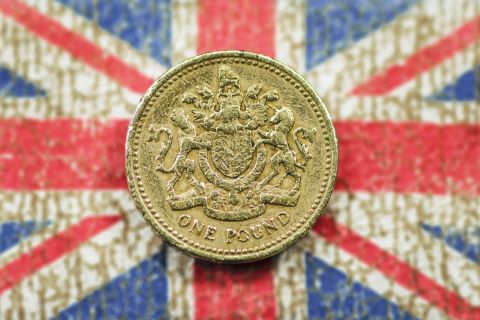ALBAWABA – The United Kingdom (UK) formally signed a treaty to join a major trans-pacific trade pact, known as the Comprehensive and Progressive Agreement for Trans-Pacific Partnership (CPTPP), Sunday, news agencies reported.
Britain is herein the first new country to join the pact since its inception in 2018, according to Reuters.
The CPTPP comprises the UK's fellow Group of Seven (G7) members Canada and Japan, plus long-standing allies Australia and New Zealand. Alongside Brunei, Chile, Malaysia, Mexico, Peru, Singapore and Vietnam.

The United States (US) was part of the bloc, but one of the first things former US President Donald Trump did was pull out of the pact, according to the World Economic Forum.
Sunday's signing at a CPTPP meeting in Auckland was the formal confirmation of the agreement for UK membership after nearly two years of talks, Agence France-Presse (AFP) reported.
China, Taiwan, Ukraine, Costa Rica, Uruguay and Ecuador have also applied to join the CPTPP.
New Zealand Prime Minister Chris Hipkins said the road to bringing Britain into the agreement had been long and at times challenging, as per a Reuters report Sunday. But having major economies inside the partnership would bring the Atlantic to the Indo-Pacific in a way that strengthened the rules-based trading system in the region.
The government said it will cut tariffs for UK exports to CPTPP countries, which with UK membership will have a combined GDP of £12 trillion ($15.7 trillion). The bloc’s combined GDP accounts for 15 percent of global GDP.

London has been pushing a "Global Britain" strategy since formally severing nearly 50 years of ties with its nearest neighbours in the European Union three years ago, as reported by AFP.
British businesses will have trade access to a market of more than 500 million people and access to the wider region, the British government added.
Post-Brexit UK and the trans-Pacific bloc
For Brexit supporters, the bloc has been seen as a chance for the UK to join other trading blocs with faster-growing economies than those closer to home. It is also seen as an opportunity to boost the country's international geopolitical and economic clout, according to AFP.
Critics, on the other hand, say Britain will struggle to compensate for the damage sustained by leaving the 27-member European Union – the world's largest trading bloc and collective economy.
Notably, the UK already has trade deals with 10 of the 11 other CPTPP members. And AFP’s analysts estimate the eventual economic boost to the country at £1.8 billion ($2.2 billion), approximately a 0.08 percent annual GDP increase.
Meanwhile, a key UK government pledge, which is to sign a free-trade deal with the United States remains unachieved. Whereas AFP reported UK officials underscoring that the chances of securing the deal currently were "very low".









